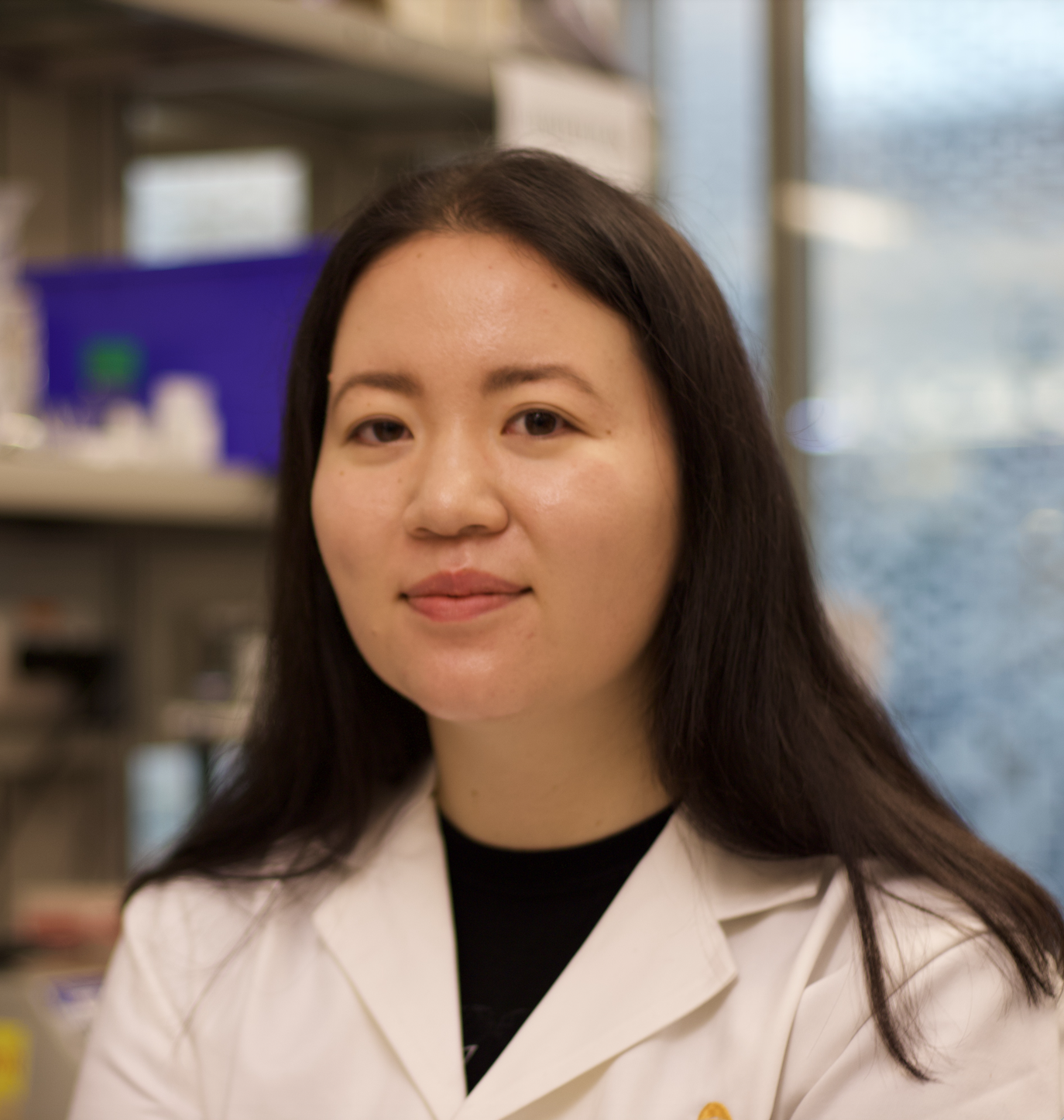

Jul 2024

Abstract:
Parasites of the Apicomplexa, like Plasmodium spp., are a significant burden on global health and the food security. A significant portion of Plasmodium proteins (~35%) have no sequence similarity to other eukaryotic proteins and lack functional annotation, which is essential for understanding their evolution and pathogenesis. Although studying the entire life cycle of human Plasmodium spp. in the lab is challenging due to safety and ethical concerns, using rodent malaria parasites such as P. berghei overcomes this hurdle, allowing researchers to study the parasite’s entire life cycle in living organisms.Advancements in high-throughput omics-driven technologies such as RNAsequencing and microarrays, along with sophisticated data analytics, offer a systematic approach to uncovering gene function. Therefore, our research has two main objectives: firstly, to apply gene co-expression analysis to the transcriptional profiling of P. falciparum parasites under various drug treatments to induce various levels of stress in the parasites. This approach not only helps to predict the putative function of uncharacterized proteins but also identifies evolutionarily conserved clusters of co-expressed proteins across species. The generated datasets are valuable for gene expression pattern analysis and understanding the parasite’s response to chemical inhibitors. The second objectiveis to study one member of the RNA-binding protein familyknown as RAPs in P. berghei that are highly abundant in the Apicomplexa parasites. By utilising reverse genetics, live-cell imaging, and transcriptomic techniques, we characterised the protein throughout the whole life cycle of the malaria parasite and implicated its role in mitochondrial function.This approach aimed to unravel the function of RAP proteins and provide insights into potential therapeutic targets in malaria parasites.
Bio:
Raushan Nugmanova is pursuing her PhD in Bioscience at KAUST in Professor Arnab Pain’s laboratory of Pathogen Genomics, focussing on malaria parasites. Raushan obtained her Bachelor of Science degree in Medical Biochemistry from the University of Sheffield in the U.K. and her Master degree in Biological Sciences from Nazarbayev University in Kazakhstan.